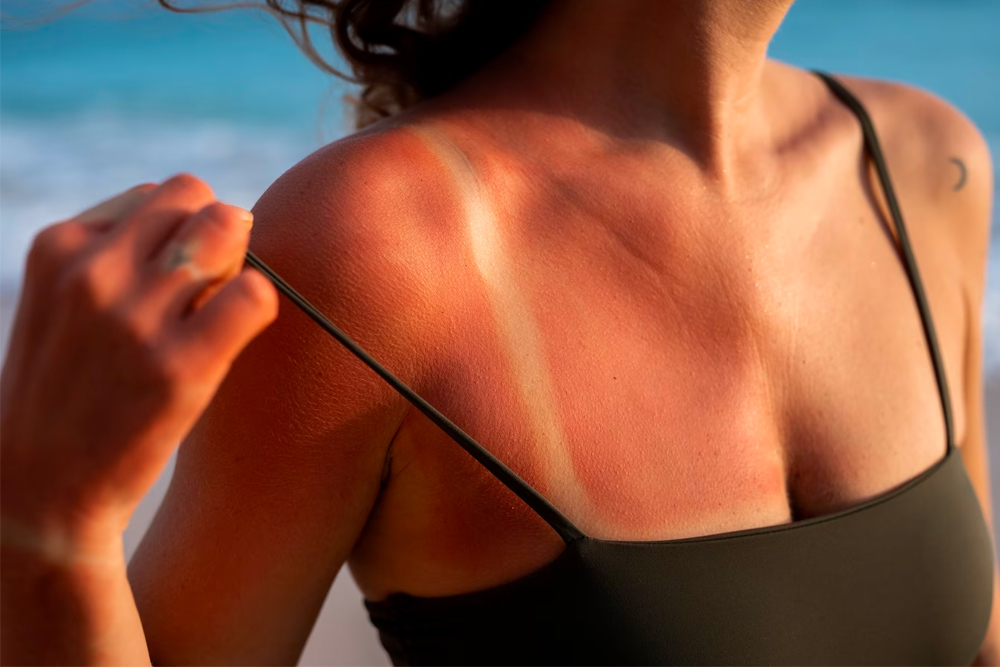Maria Forslund, Johanna Schmidt, Mats Brännström, Kerstin Landin-Wilhelmsen, Eva Dahlgren The Journal of Clinical Endocrinology & Metabolism, Volume 106, Issue 2, February 2021, Pages 421–430, https://doi.org/10.1210/clinem/dgaa840
Published: 17 November 2020
Abstract
Context
There is a lack of knowledge about hormonal and anthropometric changes in women with polycystic ovary syndrome (PCOS) after the menopause.Objective
This work aimed to study reproductive hormones and anthropometry in women with PCOS older than 80 years.Design and Setting
This prospective cohort study was conducted at a university hospital.Patients
A well-defined cohort of women with PCOS, previously examined in 1987 and 2008 (21 years) was reexamined in 2019 (11 years). Of the original cohort (n = 37), 22 women were still alive and 21 (age range, 72-91 years) participated. Comparisons were made with age-matched controls (n = 55) from the original control cohort (body mass index [BMI] similar to PCOS women). The results were compared with results from 1987 and 2008.Interventions
Hormonal measurements and a physical examination were performed.Main Outcome Measures
Follicle-stimulating hormone (FSH), luteinizing hormone (LH), testosterone, sex hormone–binding globulin (SHBG), free androgen index (FAI), hirsutism score, BMI, and waist to hip ratio (WHR) were measured.Results
At mean age 81 years, FSH levels were lower in women with PCOS (50 vs 70 IU/L) who were still more hirsute than controls (33% vs 4%). No differences were found in FAI, testosterone, SHBG or LH levels, BMI, or WHR. From perimenopausal age until the present age, levels of testosterone and FAI continued to decline in women with PCOS. SHBG levels continued to increase with age. FSH had not changed over time during the last 11 years.Conclusions
Women with PCOS at age 72 to 91 had lower FSH levels, remained clinically hyperandrogenic, and had similar FAI and body composition as controls.PCOS, anthropometry, FSH, hyperandrogenism, SHBG, postmenopausalIssue Section: Clinical Research Articles
Polycystic ovary syndrome (PCOS) affects 9% to 18% of women (1). The syndrome is characterized by oligomenorrhea, hyperandrogenism, and typical polycystic ovaries, which form the basis for the diagnostic criteria of the syndrome (2). PCOS is strongly associated with obesity and abdominal fat distribution, well-known components of metabolic syndrome (3). The phenotype of PCOS changes with increasing age during the fertile period of life (4). Also, in the late fertile period in women with PCOS, the menstrual cycle tends to become more regular (5). One cross-sectional multicenter study showed that the difference in free androgen index (FAI) was smaller in women with PCOS older than 50 years (mean age, 54 years; n = 23) compared with controls (mean age, 55 years; n = 32), although the levels remained elevated (6). However, the controls in this latter study were not well defined. There are no studies in women with PCOS age older than 71 years. To our knowledge, the oldest cohort of women with PCOS studied this far is our controlled study in Gothenburg, Sweden: the Gothenburg PCOS cohort (7). The women with PCOS, diagnosed around 60 years ago, have been followed prospectively in parallel with age-matched controls, and the women with PCOS were also similar to controls with regard to body mass index (BMI). The Gothenburg PCOS cohort was previously studied regarding anthropometry, reproductive hormones, and PCOS characteristics at climacteric ages, with a mean age of 50 years (8), and thereafter at a mean age of 71 years (7, 9). At age around 71 years, the women with PCOS were still hyperandrogenic, both clinically and biochemically, and follicle-stimulating hormone (FSH) and sex hormone–binding globulin (SHBG) levels were lower in the women with PCOS compared with controls (7).
This study is the third follow-up of the Gothenburg PCOS cohort and their age-matched controls. The present study adds data on anthropometry and PCOS characteristics, including reproductive hormones, up until a mean age of 81 years in PCOS women. Thus, the study provides a unique descriptive follow-up with measuring points on 3 different occasions 32 years apart in patients and controls.
To Read the Full Article, click here
Hits: 39








